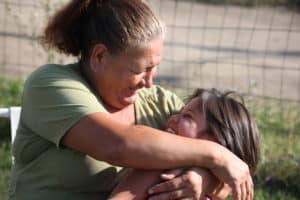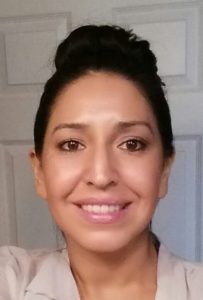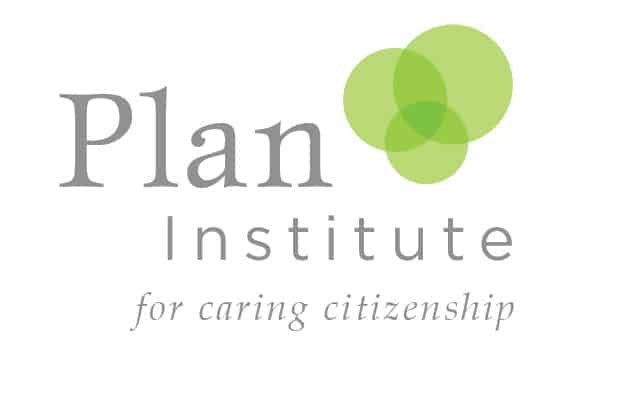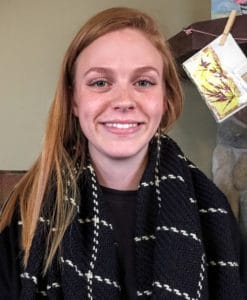By Evelyn Huntjens and Kelsey Finlay
 Poverty places individuals at a much greater risk of acquiring a disability due to the general lack of health care, nutrition, sanitation and safe working conditions. This is often a way of life on many reserves across BC.
Poverty places individuals at a much greater risk of acquiring a disability due to the general lack of health care, nutrition, sanitation and safe working conditions. This is often a way of life on many reserves across BC.
It is estimated that over 50,000 Indigenous people in British Columbia live with a disability. Despite this high number, there is a lack of participation in programs such as the Disability Tax Credit (DTC) and the Registered Disability Savings Plan (RDSP).
Statistics tell us that the Indigenous population lives with a higher rate of poverty than average and we acknowledge its direct link to colonization.
The focus, for many Indigenous people, is on surviving one day at a time, rather than planning for the future. Applying for the DTC and opening an RDSP may not be a high priority for individuals whose immediate financial need is great. Often, there is just no money left at the end of the day to save for tomorrow.
In addition, the increased health and medical costs associated with having a disability often place a huge financial burden on these individuals and their families. What is most problematic is there is no set amount the doctor can charge for filling out the DTC application. This cost alone is often a deterrent to apply.
British Columbia has the second highest Indigenous population in Canada and the highest number of First Nations communities in the country. Regardless of age, the Indigenous population of Canada experiences a disability rate twice that of the non-Indigenous population.
Indigenous people with disabilities represent a marginalized population within a marginalized population, so their needs are complex. Struggles to reach social and economic inclusion have been well documented within the Indigenous population and these struggles are even greater for members with disabilities. Challenges like accessibility barriers, remote locations and limited employment opportunities magnify the poverty felt by these individuals.
Poverty places individuals at a much greater risk of acquiring a disability due to the general lack of health care, nutrition, sanitation and safe working conditions. This is often a way of life on many reserves across BC.
Many rural communities lack sufficient health care and social services. These services are often hard to maintain because staff move away; rural communities experience high rates of staff turnover. Programs such as DTC and RDSP do not get the support they need.
Transportation is a barrier for many people with disabilities. For Indigenous people living with a disability on reserve, making a trip to the doctor to have their DTC form filled out can be extremely challenging.
Disabled Indigenous individuals living in rural areas are sometimes forced to move into urban areas so they can access much-needed services and support. Their sense of community gets lost along the way and they can feel isolated.
One of the most under-acknowledged barriers is disability stigma. Society still sometimes views people with disabilities as burdensome, and even sees certain disabilities as a deficit in the person’s character. So, many people do not identify as a person with a disability or keep their disability hidden. When they do so, they may not apply for the DTC or open an RDSP because this would require them to “come out” about their disability. News can travel fast in smaller communities and, for the Indigenous population living in rural areas, they may fear being treated differently within their community.
For more information, please contact BC Aboriginal Network on Disability Society BCANDS at (250) 381-7303 ext. 204, toll free: 1-888- 815 -5511 (TTY Accessible), or rdsp2@bcands.bc.ca.
 Evelyn Huntjens is one of the Indigenous RDSP Navigators for BC Aboriginal Network for Disability Society. She is a member of the Xeni Gwet’inTsi lhqot-in of People of Nemiah located in the Chilcotin area of BC. Evelyn has over 10 years experience working in the financial services industry and worked as a financial planner before coming to work for BCANDS.
Evelyn Huntjens is one of the Indigenous RDSP Navigators for BC Aboriginal Network for Disability Society. She is a member of the Xeni Gwet’inTsi lhqot-in of People of Nemiah located in the Chilcotin area of BC. Evelyn has over 10 years experience working in the financial services industry and worked as a financial planner before coming to work for BCANDS.
Kelsey Finlay is also an Indigenous RDSP Navigator at BCANDS. She is a member of the Qalipu Mi’kmaq Nation located in Newfoundland. She graduated from the Social Work program at the University of Victoria prior to coming to work for BCANDS.
This article was originally published in Transition Magazine. Click here to view the entire issue.

